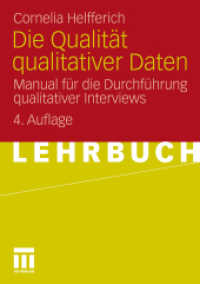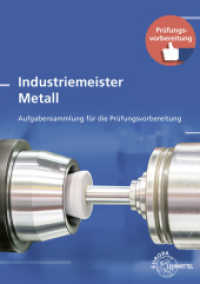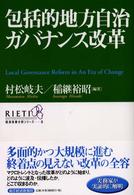- ホーム
- > 洋書
- > ドイツ書
- > Humanities, Arts & Music
- > History
Full Description
The three-part work provides a first synthetic account of the history of the Polish intelligentsia from the days of its formation to World War I. Part one (1750-1831) traces the formation of the intelligentsia as a social class in the epoch of Enlightenment. It stresses the importance of the birth of bureaucratic institutions that created the demand for the educated stratum. It analyses the results of the collapse of the Polish-Lithuanian Commonwealth in 1795 - the ominous event that transformed the political geography of East Central Europe. The work combines social and intellectual history, tracing both the formation of the intelligentsia as a social stratum and the forms of engagement of the intelligentsia in the public discourse. Thus, it offers a broad view of the group's transformations which immensely influenced the course of the Polish history.
Contents
Contents: Birth of the Intelligentsia - After the partitions of Poland: Intellectuals in a divided state - Modern state institutions and the intellectuals - Insurrections or gradual change? - The intelligentsia's sense of mission - After 1863: reactions to the national catastrophe - Intelligentsia and the modern party politics (turn of 19th and 20th centuries) - Early 20th century: intelligentsia and the growth of mass society.








